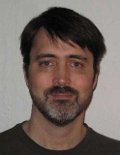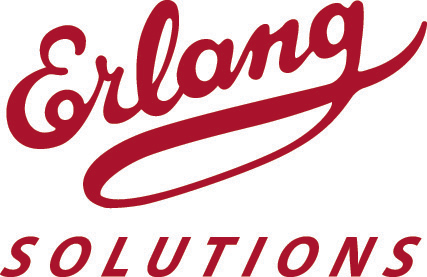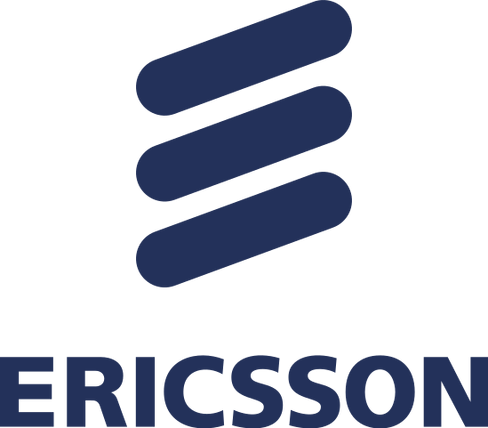Ulf Wiger
Uber Erlang programmer and CTO of Erlang Solutions
Erlang Solutions

Being a cat person, Ulf has noticed how cats love to seek out the spots where they can observe everything going on in their world. As CTO of Erlang Solutions, Ulf has such a vista. Before that, his position as Chief Erlang Designer at Ericsson for AXD 301 and its spin-off products allowed him to make community building part of his job, as well as finding ways to improve Erlang/OTP - his most visible contributions perhaps being Xmerl, application start phases, nested application support, and the newly released DIAMETER stack. The author of Open Source components like 'gproc', 'ct_expand', 'unsplit' and some recent Mnesia extensions, Ulf still finds excuses to hone his programming skills.
Twitter: @uwiger
Twitter: @uwiger

Ulf Wiger is Giving the Following Talks
A Practical Application of Load-Regulation in Erlang
Load-regulation as a layer of defense against failure and mechanism for performance management is not a commonly used technique in modern software development. This talk will explore the application of a load-regulation framework (JOBS) to an Erlang-based datastore (Riak) and discuss the resulting performance and robustness improvements. Critically, we will also demonstrate that adding load-regulation can be done efficiently and without impacting the low-latency requirements of a datastore like Riak.
Erlang for a new era of Embedded Computing
Erlang was designed for Embedded Systems - back in the days when an
embedded system could take up an entire rack or more. Nowadays, embedded
devices can easily fit in the palm of your hand and still carry enough
power to run Erlang applications. The next wave of embedded devices will
use multicore, system-on-a-chip design with integrated DSP and GPU
support for maximum features and capacity per Watt. The question
becomes: how to program these little beasts? At Erlang Solutions, we
have a vision, and are patiently positioning Erlang as one of the tools
of choice for the discriminating device programmer. In this talk, we
describe that vision, and how we are now gathering momentum through some
very interesting research and collaboration projects.


